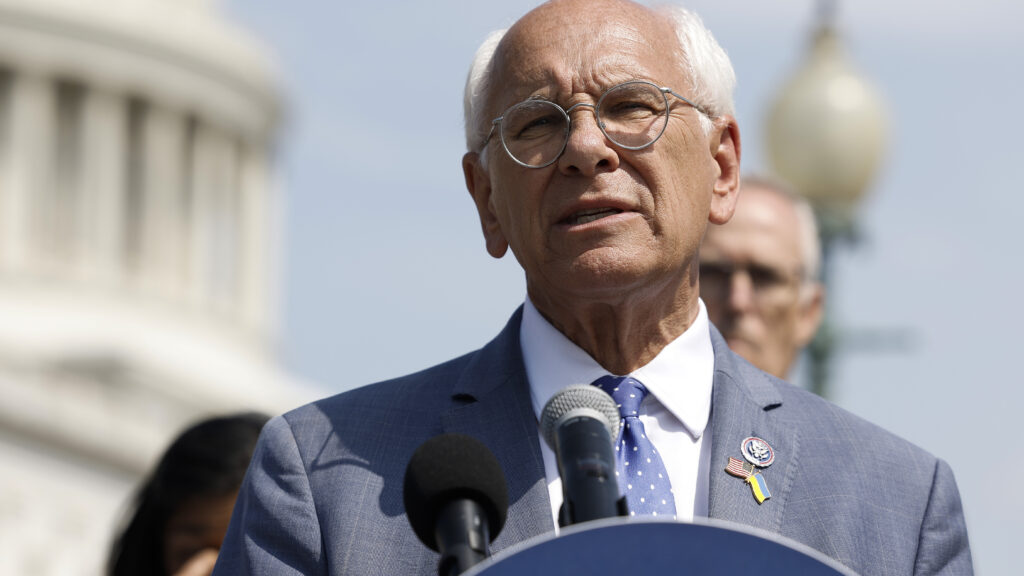A Democratic congressman on Wednesday blasted a bipartisan set of proposals focused on addiction, arguing that current congressional efforts will barely scratch the surface of the U.S. drug crisis.
The criticism from Rep. Paul Tonko (D-N.Y.) came during a subcommittee hearing at which lawmakers advanced several bills focused on the substance use and overdose epidemic.
advertisement
Though he acknowledged the package includes “some good policies,” Tonko said the bills currently being considered “lack ambition” — a significant rebuke from one of Capitol Hill’s biggest advocates for expanding addiction treatment.
“Let’s not kid ourselves: We are not meeting the moment,” Tonko said during the hearing. “This package falls far short of taking the necessary steps to address the deep need of this crisis. We all know the scale of the devastating disease of addiction. Frankly, I am disappointed that there is not the will to think big enough to address this crisis.”
In particular, Tonko lambasted the committee’s exclusion of two proposals related to incarceration: One that would preserve access to addiction care for people awaiting trial on criminal charges, and another that would restore Medicaid coverage for people within 30 days of being released from prison.
advertisement
Tonko’s remarks came during a House Energy and Commerce Committee markup of a number of largely incremental proposals focused on drug use. Many of the bills would reauthorize programs first enacted as part of the SUPPORT for Patients and Communities Act, a major addiction bill that Congress passed in 2018.
Since then, however, Capitol Hill has devoted relatively little attention to the addiction crisis, even as more than 100,000 Americans die of drug overdoses each year. Drug deaths have climbed and substances like fentanyl and xylazine have made the U.S. illicit drug supply deadlier than ever, but the country’s infrastructure for preventing and treating addiction has remained largely unchanged.
Major proposals, like a significant deregulation and expansion of methadone treatment, have languished on Capitol Hill. The few bills that did become law, like Tonko’s proposal to eliminate the “X-waiver” — a special license required to prescribe buprenorphine, a common medication used to treat opioid addiction — were celebrated by public health advocates. But it is unclear whether they directly resulted in improved access to treatment.
Most importantly, advocates say, Congress hasn’t done enough to fund addiction treatment, even as it sets aside billions of dollars not just for Covid-19 response but for health emergencies far smaller than the drug epidemic, like Mpox or Ebola.
“I know that some people will talk about the costs of these bills, and I’ve been told that for some this isn’t a priority worth paying for,” Tonko said. “Shame on us. When nearly 110,000 of our loved ones are dying from overdoses last year, how do we fall short of moving forward one of the most effective ways we can save lives? What are their lives worth?”
STAT’s coverage of chronic health issues is supported by a grant from Bloomberg Philanthropies. Our financial supporters are not involved in any decisions about our journalism.

